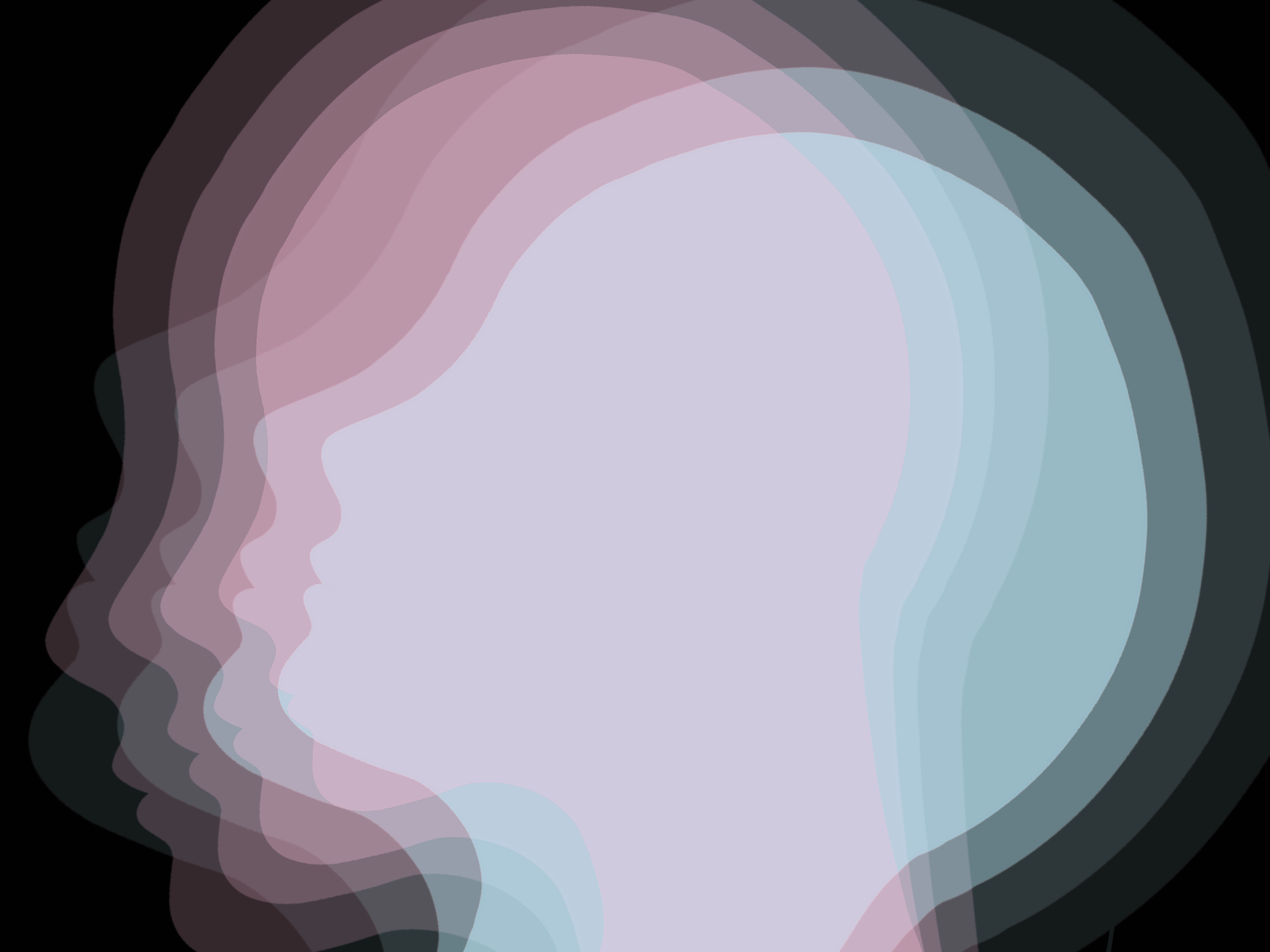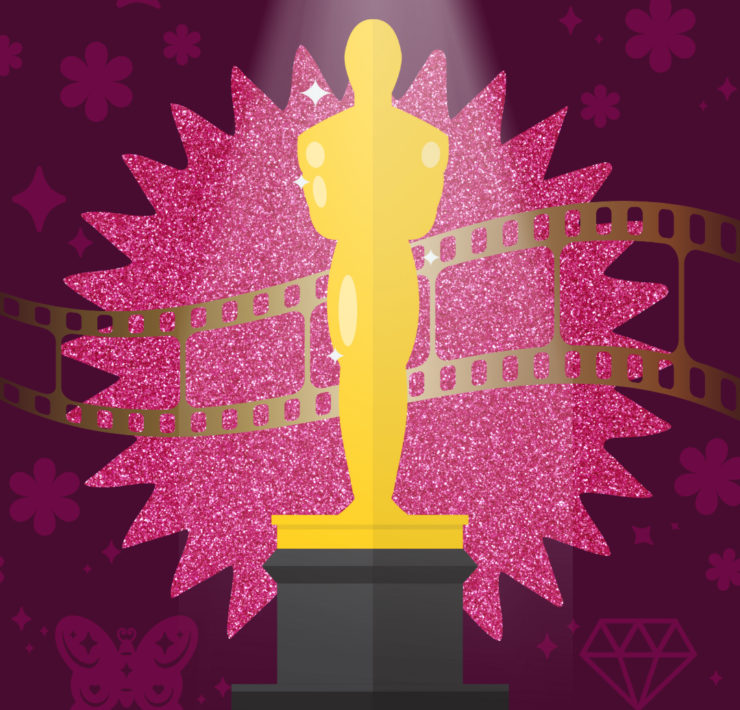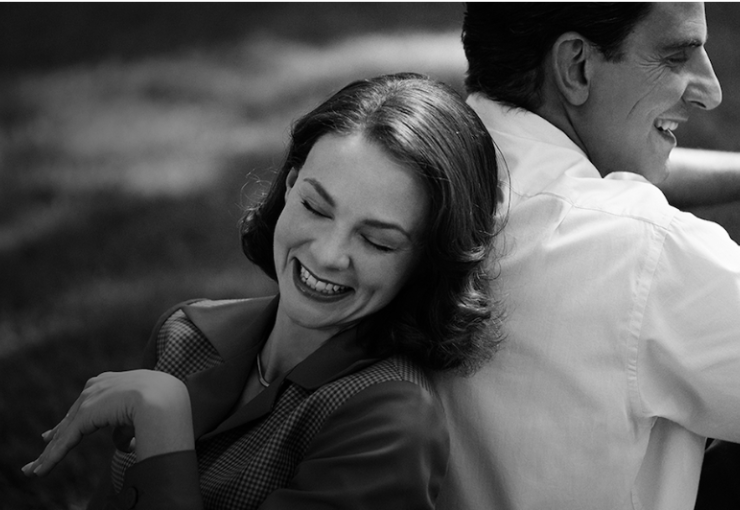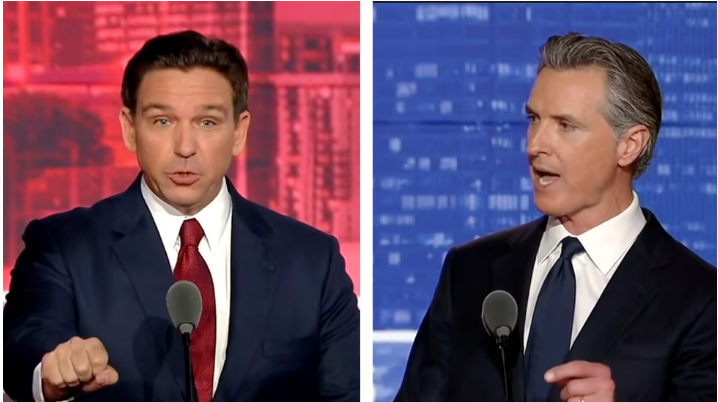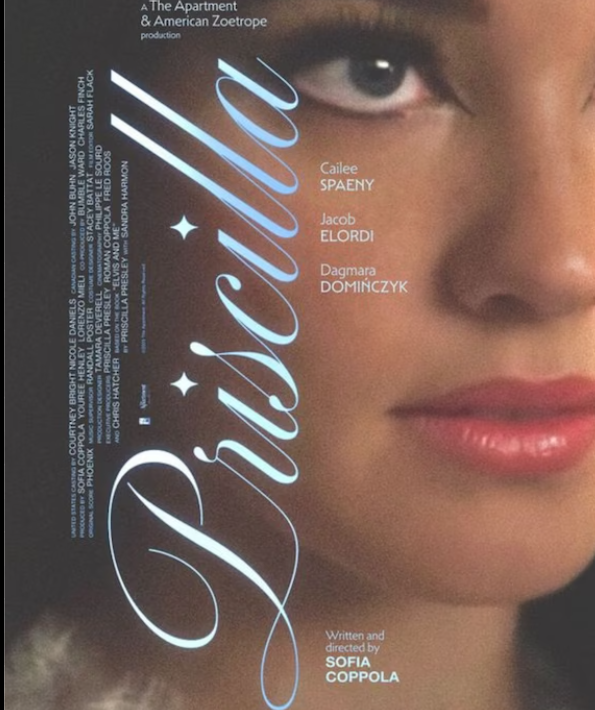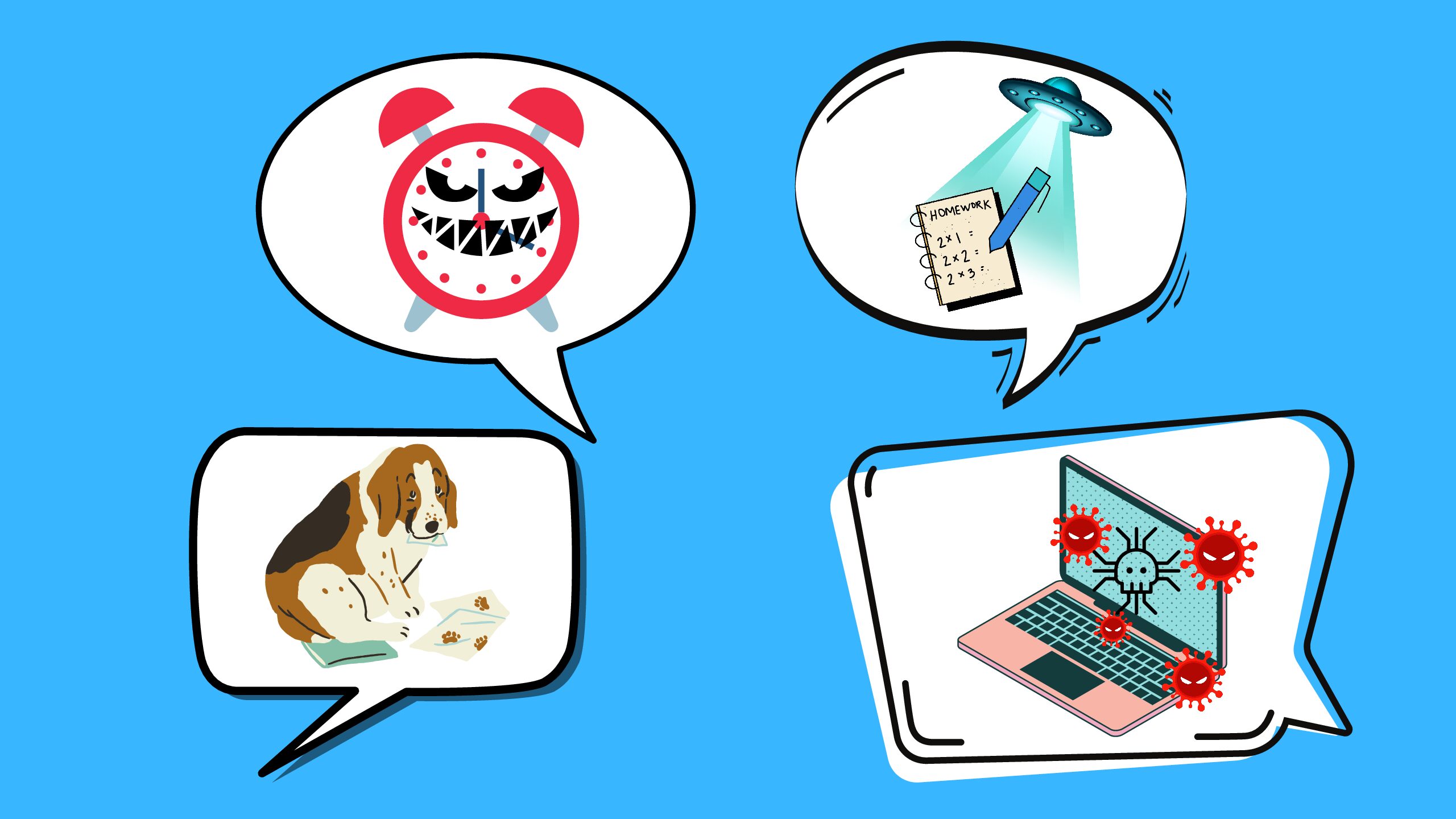Shrek, 20 Years Later: A Green Ogre’s Impact on Popular Culture
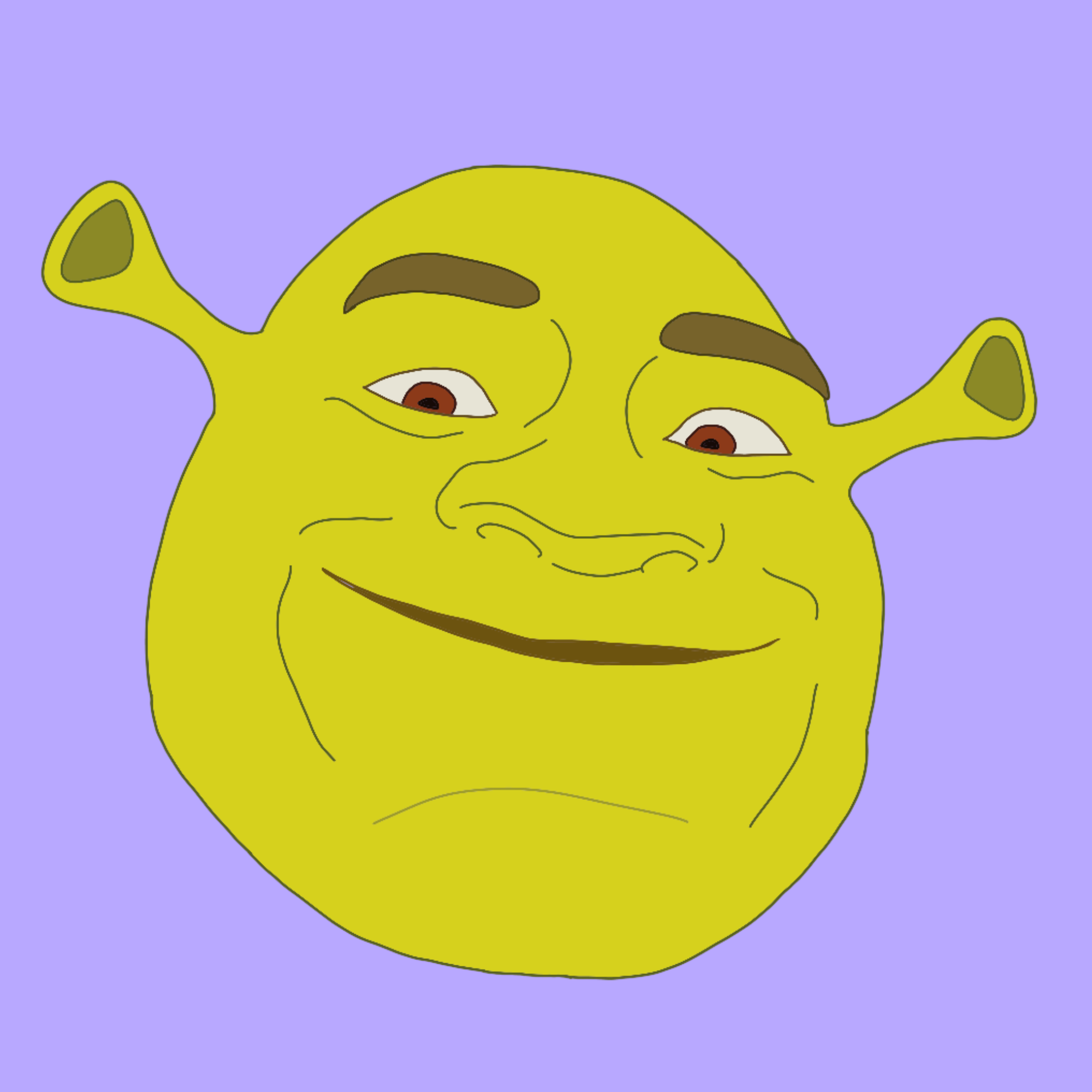
Cannes, France, 2001. The 2001 Cannes Film Festival was underway. The film nominations were extremely standard, with Michael Haneke’s “The Piano Teacher,” David Lynch’s “Mulholland Drive,” and Baz Luhrmann’s “Moulin Rouge” being crowd favorites. But also in this lineup was a children’s film about a green ogre, whose swamp gets invaded, saving a princess with the help of an unstable donkey.
“Shrek” came out twenty years ago and landed with a splash. It heavily influenced popular culture, spawning a lucrative franchise earning $2.9 billion dollars in box office revenue across its 4 entries. The multitude of movies, short films, video games, TV shows, Broadway musicals, comic books, and theme park rides testify for the movie’s bold position in the realm of popular culture.
Coming two years after the end of the Disney Renaissance, the movie’s deconstruction of popular fairy tales, particularly those coming from The Walt Disney Company, has deeply resonated with audiences. “Shrek” wasn’t shy to flip the tropes commonly associated with animated fairy tales, with its un-noble main character, liberal use of pop culture references, unconventional princess character, and wacky villain. It blatantly opposes several movie conventions, pointing out their flaws, absurdities, and limitations.
“Shrek” further solidified its impact on popular culture through its influence on meme culture. Released shortly after the internet began to truly boom, the movie didn’t take long to seep itself into the niche facets and cultures of the internet that would grow to become increasingly mainstream. “Shrek” gave birth to some of the internet’s most legendary memes, from the comically descriptive fanfiction “Shrek is Love, Shrek is Life,” to the absurd image combo of Markiplier’s face on Lord Farquaad’s head on Mark Zuckerberg’s body, captioned “E.”
The movie’s resonance in popular internet culture was felt most strongly through the popularity of its opening sequence song, Smash Mouth’s “All-Star.” As people became increasingly connected through the internet, memes became increasingly relevant in pop culture, with short-form, postmodern, and strange memes becoming comedic norms. More people found themselves immersed in new brands of humor, something Hollywood would take note of.
“Shrek” ushered in a new era of mainstream cinema poking fun at itself and its conventions. Would Deadpool be as resonant a character with so many people had “Shrek” not set the precedent for its type of self-referential, self-aware comedic sensibilities? Looking at Disney’s recent releases, you can clearly see the influence of “Shrek,” with films like “Enchanted” (2007), “Tangled” (2010), “Wreck-It-Ralph” (2012), and “Frozen” (2013) picking up on the themes and ideas “Shrek” had already laid out.
“Shrek” shook up popular culture by giving a postmodern edge to conventional, escapist fairy tales, leading a new generation to view their media with a more modern lens.
Jason is a former staff writer for The Talon. He writes for the Entertainment section. He is an aspiring filmmaker and writer.
Nicole was the former Editor-in-Chief of The Talon. In her free time, she takes care of her two pet turtles. If you have any book recommendations, let her know.

